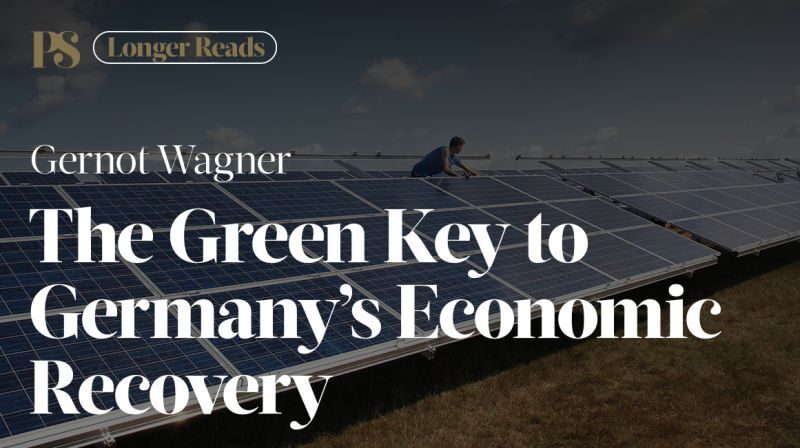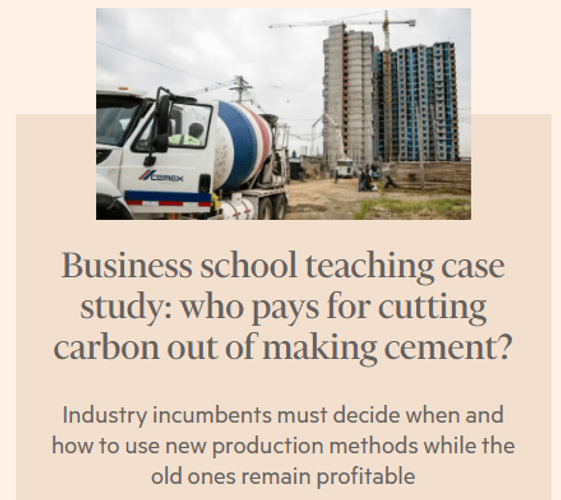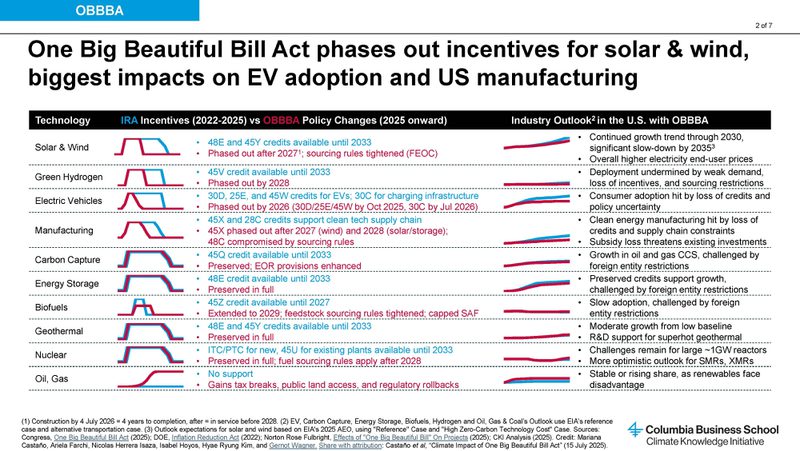Chronicle of Philanthropy letter: Economics shows need for more action
Letter to the Editor
To the Editor:
Piereson’s letter argues against rapid climate action and for “tak[ing] a deep breath to consider what science and economics tell us about this complex problem.”
Climate change is indeed complex, but both the science and the economics cannot be clearer. In fact, it is precisely the latter that points to the need for action now.
In attempting to show that renewable technologies are “nowhere near ready for the primetime task of powering modern economies,” Piereson cites a highly misleading report focused on the social cost of carbon. The social cost of carbon is at once byzantine and absolutely fundamental to our understanding of climate action. It measures how much each additional ton of carbon dioxide emitted today costs society in today’s dollars. It is the result of one of the most standard tools in economics: benefit-cost analysis.
The principle is simple: Tally the benefits of action, and compare them with the costs. This is tricky, but the most standard of benefit-cost analyses — with lowercase-conservative assumptions aplenty — push us toward significantly more climate action than is currently on the books. The true price of carbon, meanwhile, is likely much higher still. Despite Piereson’s claims to the contrary, low-carbon technologies have an important role to play in a comprehensive set of climate policies.
There are indeed lots of uncertainties — and it’s precisely these uncertainties that make acting now even more important. All that easily refutes Piereson’s claim that it is simpler to let “fossil fuels continue to provide 80 percent of all energy well into the future” and take the wealth thus accumulated to address the problem later. The world does not follow some kind of Panglossian path, only to experience climate damages sometime in the far distant future. (Piereson cites “200 to 300 years.”) Climate damages are hitting home already, changing the very trajectory of and decreasing economic growth.
And yes, it is precisely the uncertain impacts that make a strong economic case for climate-friendly and clean-energy investments today. That is both smart climate risk management and smart economics. Early investment in research, development, demonstration, and deployment has led to dramatic cost declines in renewable-energy technologies. Globally, the price of solar photovoltaic energy has fallen by more than 80 percent in the past decade, 99 percent since the 1970s. Robust investment in clean-energy innovation can be expected to bring down the costs of additional technologies required to achieve deep decarbonization, making the economies cleaner and more resilient.
We are all currently experiencing a global problem with all-too-real impacts. While Covid-19 is playing out over days and weeks, it is a clear preview of the climate crisis unfolding over decades and centuries: rapid exponential growth; unprecedented economic impacts that affect especially the already poor and vulnerable. Delaying necessary action does not merely increase costs later; it leads to an entirely different trajectory, one with significantly more upended lives and livelihoods alike.
Gernot Wagner
Clinical Associate Professor
Department of Environmental Studies
New York University
Published by The Chronicle of Philanthropy on 7 May 2020, together with two further letters, one by Christopher Field, Kerry Emanuel, David Karl, Pamela Matson, Veerabhadran Ramanathan, James Randerson, Benjamin Santer, and Susan Solomon, and the other by Anthony Leiserowitz and Edward Maibach.


